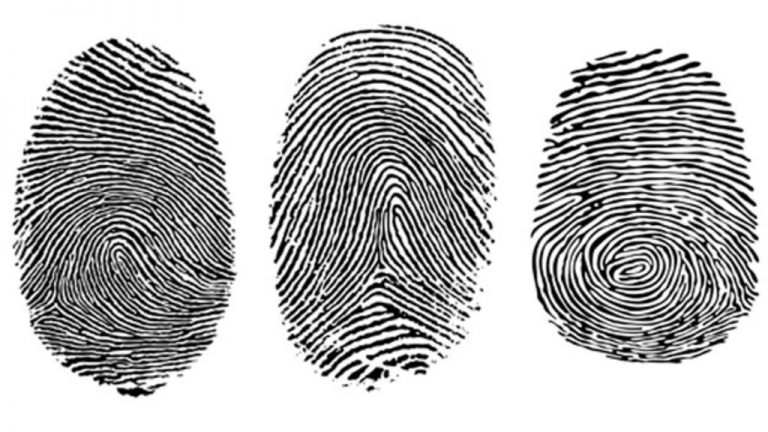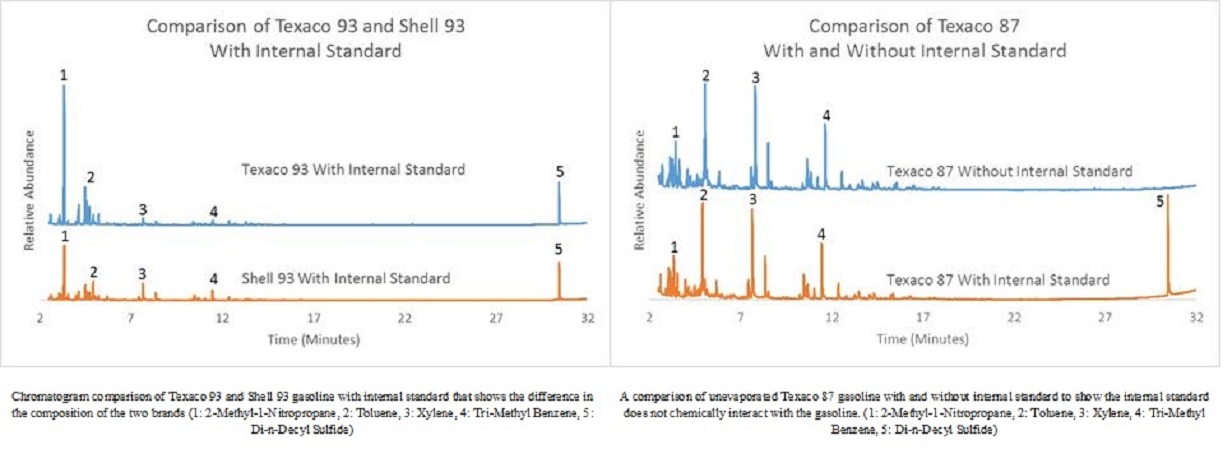
Our Mission
“The mission of the Forensic Chemistry Program at The University of Mississippi is to cultivate young inquisitive minds into problem solving instruments that are prepared to meet the demands in the forever changing technological arena of forensic science.”
About Us

University of Mississippi’s Coulter Hall.
Centered in the middle of the University of Mississippi’s campus, inside Coulter Hall, lies the forensic chemistry program. The forensic chemistry program is accredited by the Forensic Science Education Programs Accreditation Commission every three years. Classes in the program contain 46-50 hours of chemistry classes and have other classes that range from toxicology to physics to criminal justice. Each forensic chemistry student undergo a forensic internship as well as completing a semester or more of lab research under faculty supervision. To learn more about the degree requirements, click here.
About Forensic Chemistry In the Work Place
- About 90% of forensic chemists work in labs associated with a federal, state, or local police department, medical examiner’s office, forensic services lab, or branch of the Federal Bureau of Investigation (FBI). There are a few private labs that carry out forensic analyses.
- The average annual salary for a forensic science technician is $56,320
- On an average day, forensic chemists apply knowledge from diverse disciplines such as chemistry, biology, materials science, and genetics to analyze evidence found at crime scenes or in the bodies of crime suspects.
- A strong background in chemistry and instrumental analysis and a good grounding in criminalistics are vital. An undergraduate degree in forensic science or a natural science is required for work in crime laboratories, with extensive coursework in mathematics, chemistry, and biology. More advanced positions, such as lab managers and supervisors, might require a master’s degree. A Ph.D. is often preferred for advancement to positions such as lab director, but it is required for forensic research positions at academic institutions.



